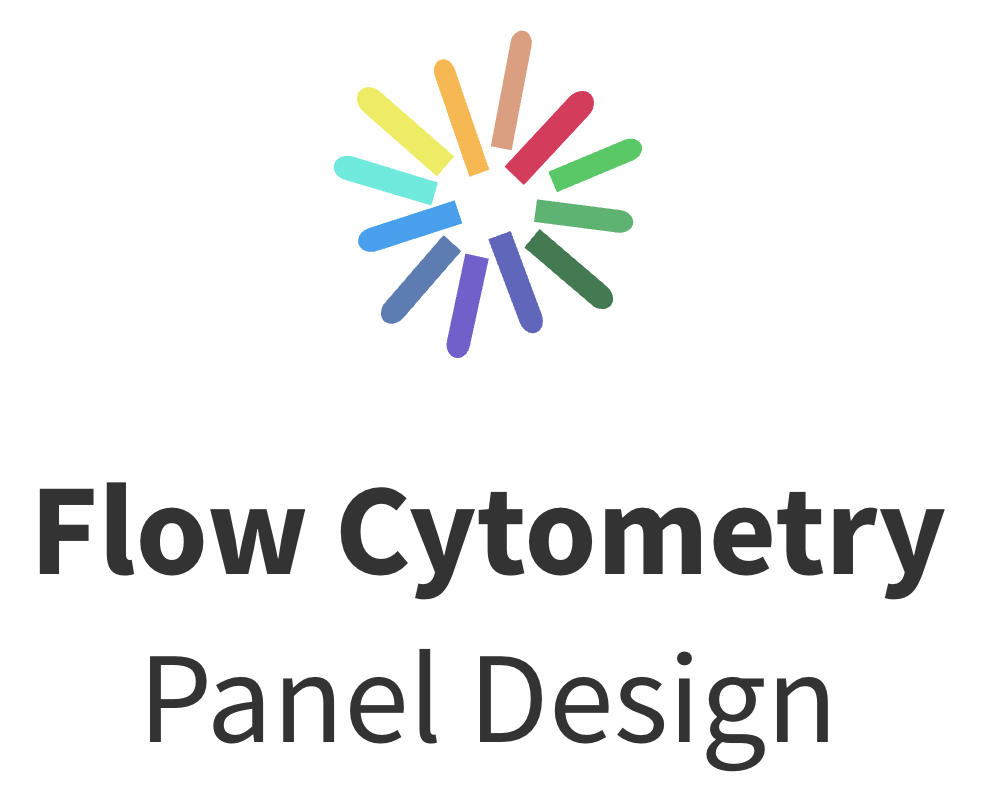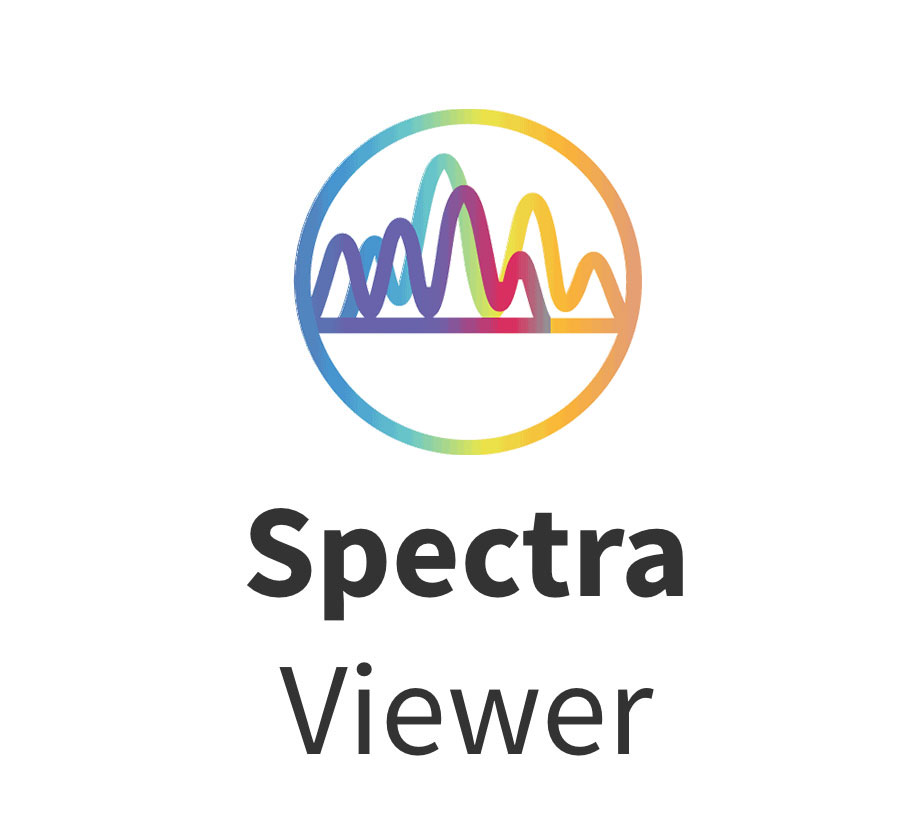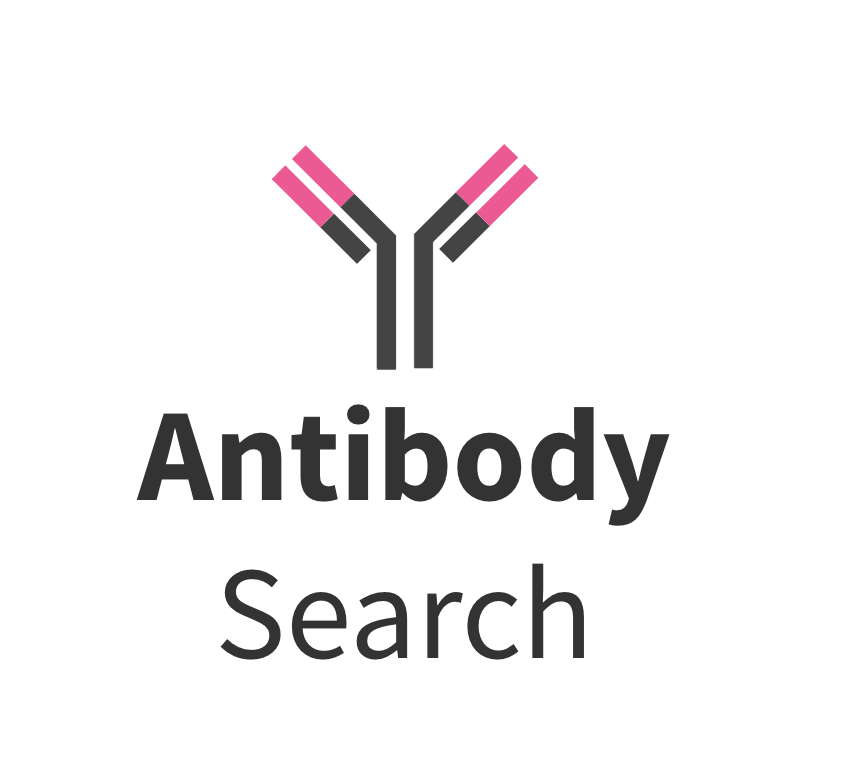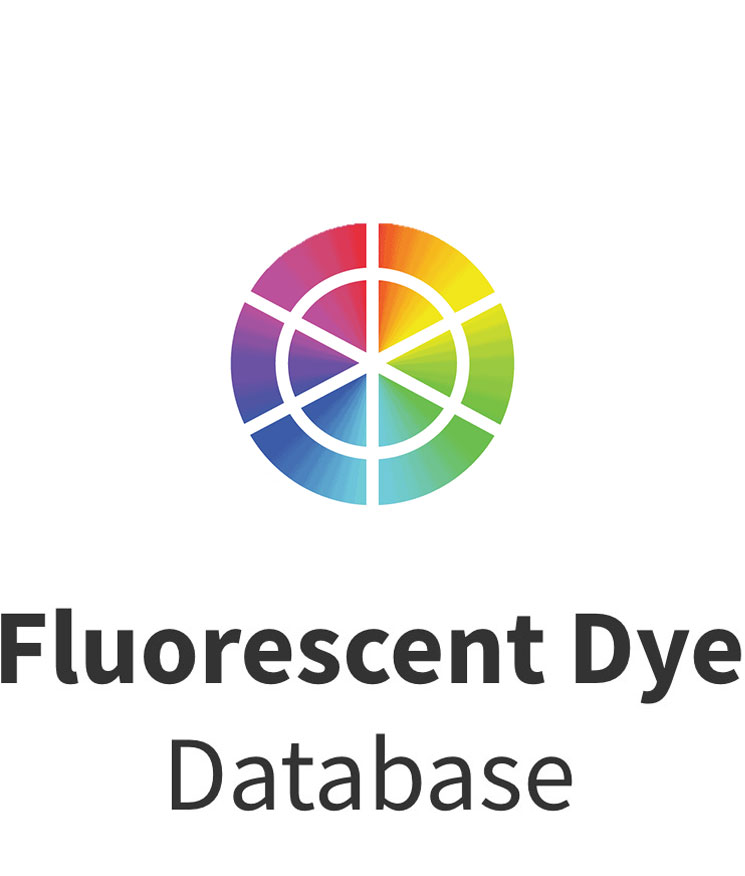The replication crisis, or data irreproducibility crisis, is now a well-established problem across all scientific disciplines. This inability for researchers to replicate published experimental results exposes data integrity issues and risks potentially faulty conclusions entering the collective scientific knowledge base. Furthermore, the effects can quickly spread as future experiments may then be conducted based on these erroneous conclusions. Much has been written on various cultural, cultural, economic, and institutional factors contributing to data irreproducibility and the long-term risks it may pose to the scientific community and society as a whole. However, solving the replication crisis will ultimately require researchers to adopt more open practices and a more collaborative culture. The “Open Research” (or Open Science) movement promotes the idea that scientific knowledge should be shared openly as early as possible throughout the discovery process. Here we explore a few of the organizations committed to promoting open science and some of the data-sharing tools developed to address the replication crisis.
Open Science Framework
The non-profit Center for Open Science aims to increase the openness, integrity, and reproducibility of scientific research. Their Open Science Framework (OSF) is a free, open-source software project to facilitate data sharing, support open research, and enable collaboration. The center has used the OSF for large-scale crowdsourced “Reproducibility Projects” to investigate the reproducibility of a variety of studies in psychology and cancer biology. Additionally, the group has released open-source preprint repositories for nearly every scientific discipline.
SPARC
The Scholarly Publishing and Academic Resource Coalition (SPARC) is a global coalition committed to making Open the default for research and education. Their goal is to empower people to solve big problems and make new discoveries through the adoption of policies and practices that advance Open Access, Open Data, and Open Education.
Qresp
Researchers at the University of Chicago’s Institute for Molecular Engineering and the Argonne National Laboratory recently released a new public software platform called Qresp that allows shared data to be indexed in a searchable way. Project director Giulia Galli explained, “Our goal is to speed up scientific process and reduce the time needed to share knowledge among researchers. By making data available and searchable, we are hoping to make it easier for researchers to reproduce results.1”
FORCE11
Future of Research Communications and eScholarship (FORCE11) is a community of scholars, librarians, archivists, publishers, and research funders that arose organically to help facilitate the change toward improved knowledge creation and sharing. Much of their work involves information gathering and dissemination via semantically enhanced, media-rich digital publishing.
JSTOR
JSTOR is a digital library of academic content that spans many formats and disciplines. Part of ITHAKA, a not-for-profit organization that works with the global higher education community to advance and preserve knowledge and to improve teaching and learning through the use of digital technologies.
Open Journal Systems
Open Journal Systems (OJS) is a journal management publishing system that has been developed by the Public Knowledge Project through federally funded efforts to expand and improve access to research.
AMBRA
AMBRA is an Open Source platform for publishing Open Access research articles that serves as the operating platform for the full catalog of PLOS journals. It provides features for post-publication discussion and versioned articles that allow for a “living” document around which further scientific discoveries can be made.
Perspectivia.net
Perspectivia.net is an international and interdisciplinary electronic publication platform portal for academic publications in the humanities. As an infrastructure of Max Weber, all publications published by the institutes and their cooperation partners are made freely accessible here.
FluoroFinder supports data sharing and collaboration by allowing researchers to save flow cytometry panel designs and easily share them with their core manager, specific colleagues or research teams.





